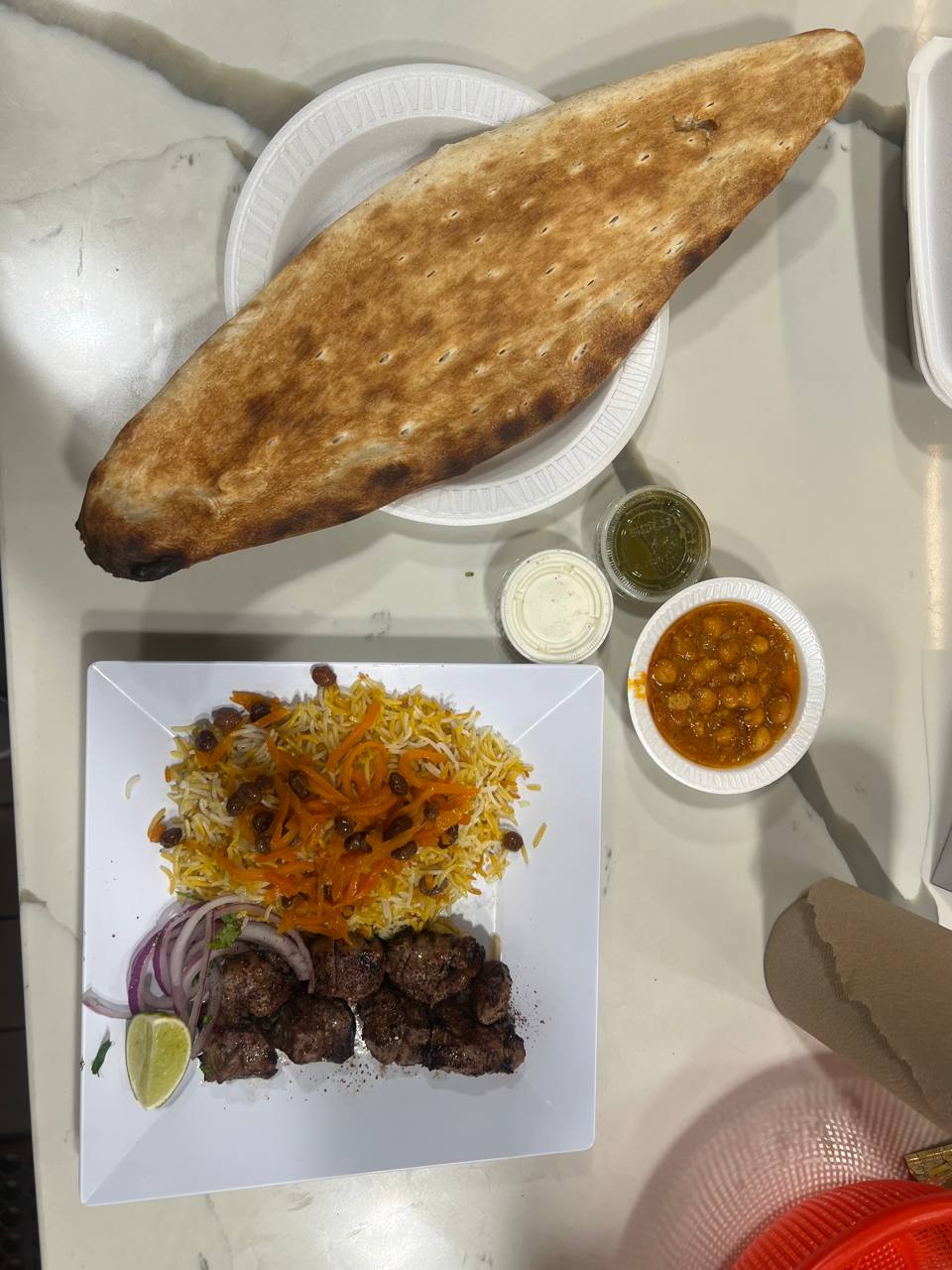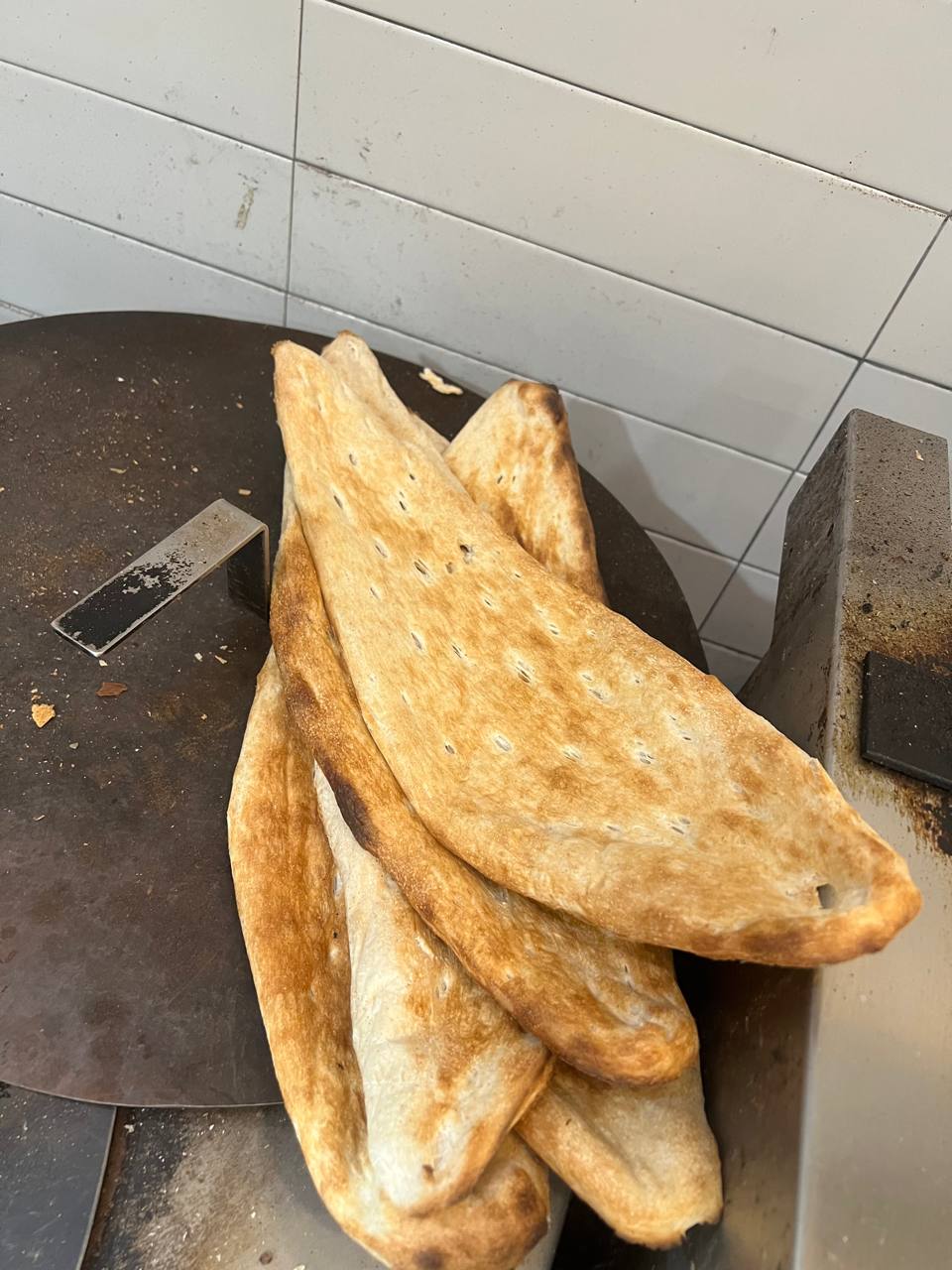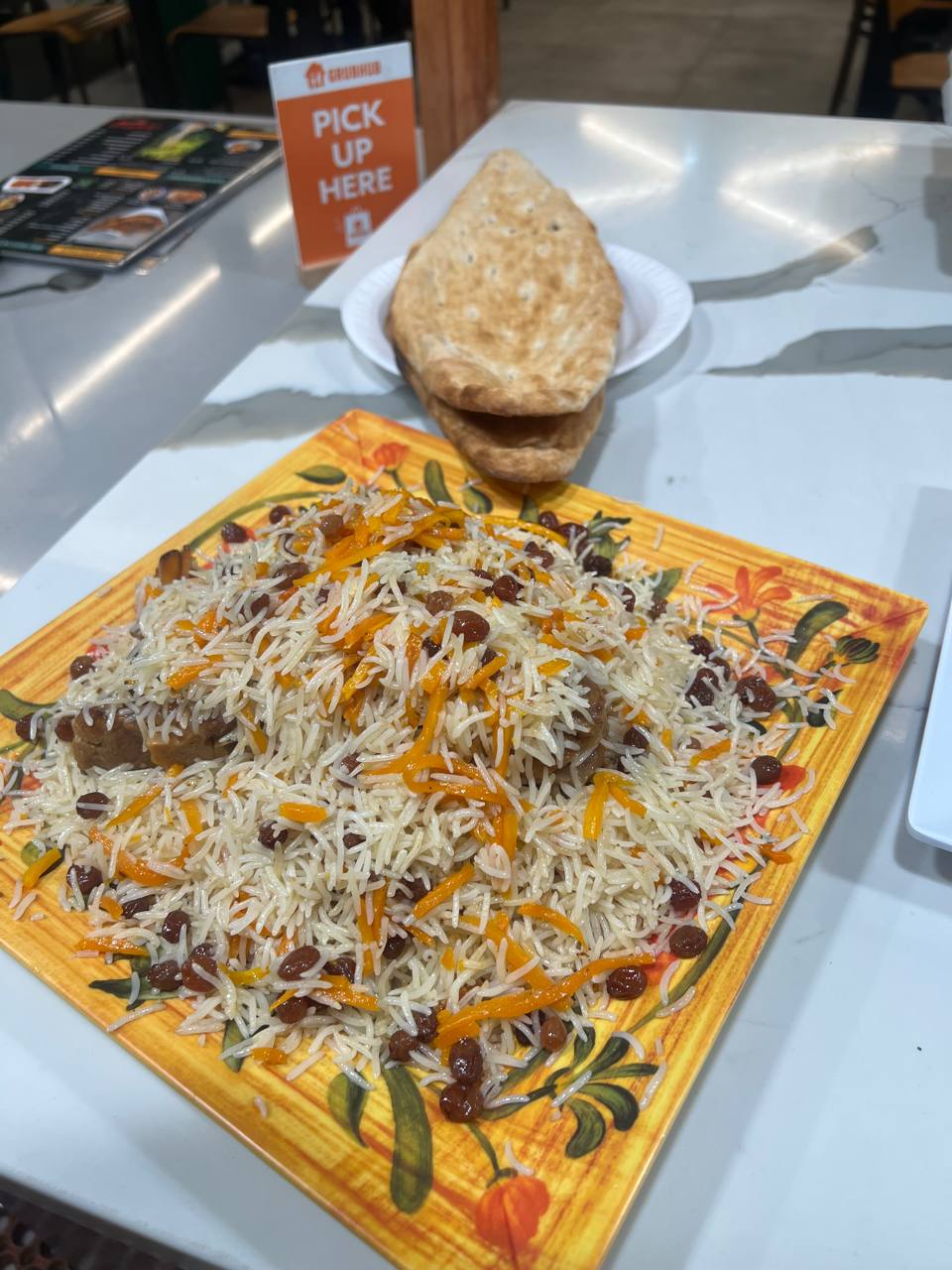Creating perfect kabobs is an art form that combines proper technique, quality ingredients, and patience. At Kabobistan, our chefs have mastered the traditional methods of kabob preparation, and we're excited to share these professional secrets with you. Whether you're a beginner or looking to refine your skills, these tips will help you create restaurant-quality kabobs in your own kitchen.
The Foundation: Choosing the Right Meat
The quality of your kabobs starts with selecting the right cuts of meat. For chicken kabobs, we recommend boneless, skinless chicken breast or thigh meat. For lamb kabobs, choose leg of lamb or shoulder cuts. For beef kabobs, sirloin or tenderloin works best. The key is to select cuts with good marbling and consistent thickness for even cooking.
Meat Selection Guide
Chicken Kabobs
Boneless breast or thigh, cut into 1-inch cubes
Lamb Kabobs
Leg or shoulder, trimmed and cut into 1-inch cubes
Beef Kabobs
Sirloin or tenderloin, cut into 1-inch cubes
The Secret: Perfect Marination
Marination is the heart of great kabob preparation. Our traditional marinade combines yogurt, lemon juice, garlic, and a carefully balanced blend of spices. The yogurt tenderizes the meat while the acid helps break down tough fibers. The key is to marinate for at least 4 hours, but overnight is even better.
Traditional Afghan Marinade Recipe
Ingredients:
- • 1 cup plain yogurt
- • 3 tablespoons lemon juice
- • 4 cloves garlic, minced
- • 2 tablespoons olive oil
- • 1 teaspoon ground cumin
- • 1 teaspoon ground coriander
- • 1 teaspoon paprika
- • 1/2 teaspoon turmeric
- • Salt and pepper to taste
Instructions:
- 1. Whisk all ingredients together in a large bowl
- 2. Add cubed meat and toss to coat evenly
- 3. Cover and refrigerate for 4-24 hours
- 4. Remove from marinade and thread onto skewers
Skewering Techniques
Proper skewering is crucial for even cooking and presentation. Use metal skewers for best results, or soak wooden skewers in water for 30 minutes before use. Thread the meat loosely, leaving small gaps between pieces to allow heat to circulate. Alternate with vegetables like onions, bell peppers, and tomatoes for added flavor and visual appeal.
Skewering Tips
- •Cut all pieces to the same size for even cooking
- •Don't pack the skewers too tightly
- •Leave space at both ends of the skewer for easy handling
- •Use two skewers per kabob for easier turning
Grilling Mastery
The key to perfect kabobs is controlling the heat and timing. Preheat your grill to medium-high heat (400-450°F). Place the kabobs on the grill and cook for 3-4 minutes per side, turning only once. Resist the temptation to constantly flip the kabobs—this prevents proper searing and can cause the meat to stick.
Cooking Times by Meat Type
Chicken Kabobs
12-15 min
Cook until internal temperature reaches 165°F
Lamb Kabobs
10-12 min
Cook until internal temperature reaches 145°F
Beef Kabobs
8-10 min
Cook until internal temperature reaches 135°F
Common Mistakes to Avoid
Avoid These Common Pitfalls
- •Over-marinating (more than 24 hours can make meat mushy)
- •Using too much marinade (excess liquid prevents proper searing)
- •Constantly flipping kabobs (prevents proper caramelization)
- •Cutting meat too small (can lead to overcooking)
- •Not letting meat rest after cooking (results in dry kabobs)
Serving and Presentation
Let your kabobs rest for 3-5 minutes after grilling to allow the juices to redistribute. Serve immediately with traditional accompaniments like basmati rice, fresh naan bread, and yogurt-based sauces. Garnish with fresh herbs and lemon wedges for an authentic presentation.
Experience Professional Kabobs at Kabobistan
While these tips will help you create great kabobs at home, there's nothing quite like experiencing our professionally prepared kabobs at Kabobistan. Our chefs have perfected these techniques over years of practice, creating kabobs that are tender, flavorful, and authentically prepared.


